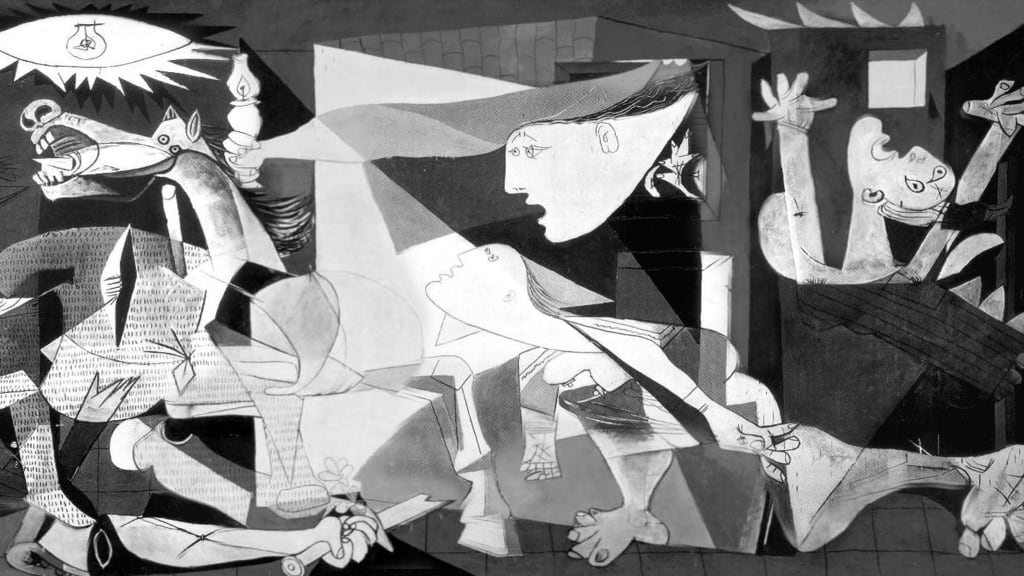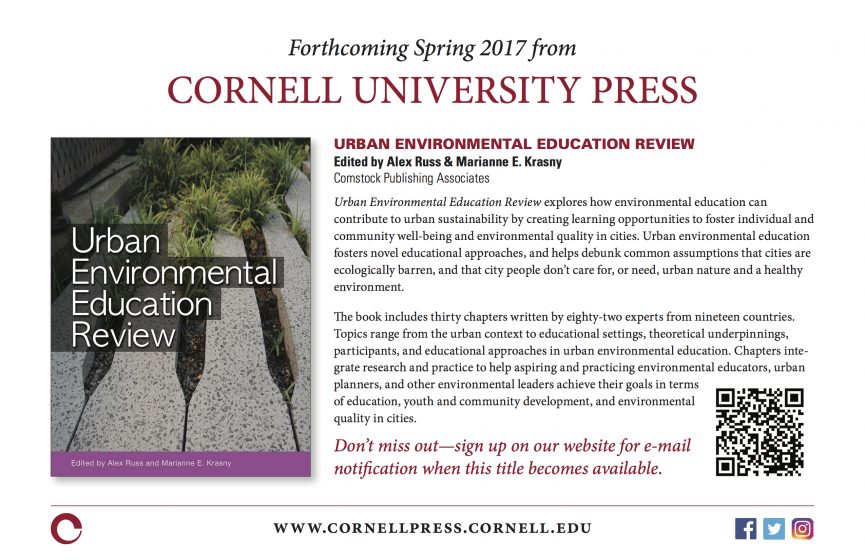"Democracy is the art and science of running the circus from the monkey cage." -- H. L. Mencken
Democracy and Science...
"The relation of science and democracy is an ancient conundrum that continues to generate public controversy. Whenever science produces an “inconvenient truth”—as Al Gore famously calls the science of climate change—democratic governments may be tempted to ignore or suppress it. And as scientists like to remind us, 'You can’t vote on the laws of physics!'
Natural scientists and their advocates often argue that the power of science in democracy depends on it remaining insulated from politics. Seen in this light, it is no wonder that many believe science and democracy tend to undermine each other. But another long tradition sees science and democracy as mutually reinforcing. Democracies depend on science for effectively addressing public problems, and many argue that science provides a model of rational democratic deliberation.
These two conflicting interpretations each capture part of the story, but they neglect some of the most interesting questions, which concern changes in the meaning and purpose of science and democracy and how they shape each other in particular contexts. With regard to science, most scholars who study science and democracy now reject the long dominant “positivist” view of science as a formal, logical, socially insulated method for producing value-free knowledge. The ideal of value-free science remains popular in public life, but extensive research in the social sciences and humanities has shown how science is intertwined with social values, commercial pressures, and political decisions.
That does not mean science merely reflects dominant interests, as caricatures of “social constructivism” assert, but it does open up difficult questions about how democratic citizens might shape the science that shapes their lives. With regard to democracy, mid-20th-century political scientists tended to conceive democracy narrowly in terms of popular elections and formal state institutions. Recent scholarship, in contrast, shows how social institutions and material practices of all kinds may become sites of democratic politics. Indeed, as democracy has increased in global popularity, its meaning has become increasingly diffuse and ambiguous; democracy offers both a rallying cry for social justice movements and a marketing slogan for global corporations.
The relation of science and democracy involves a wide range of disparate phenomena, including science advice, science policy, public engagement in sociotechnical controversies, lay-expert relations, and the technical constitution of democratic citizens, not to mention the many specific concerns associated with issues like climate change, genetic engineering, or nanotechnology."
Picasso's Guernica
If science is not value-neutral, who decides how it is politicized?
Democracy and Art...
"Our leaders and institutions appear to be ill-equipped to deal with the most pressing global challenges because of particular interests that make global governance institutions weak [despite clear science]. There is a mismatch between the fragmentation of specialized institutions and the interconnectedness and complexity of today’s world.
Arts and culture have a direct bearing on our capacity to face today’s complex issues. Art safeguards a long-term view; not only does it provide a counterweight to the fast evolving world of technology, but it also helps to make sense of this world. Art invites participation and thus transcends the division between observation and activism. Art inspires insights that resonate across disciplines. Art helps to situate science and technology in public space by symbolically and reflexively representing their roles in society. Art fosters imagination and creativity, capacities that are crucial in its impact on the individual and the community."
Science, Art and Social Change...
 |
| Schubel 2015. |
"...unlike political consensus--once scientific consensus is reached and knowledge has been created from data, that doesn't mean there has actually been any connection made to public opinion, nor to the mechanisms of social change. Art can fill this disconnect, and has frequently been used by politicians as a tool to effect change in the working of the world."






